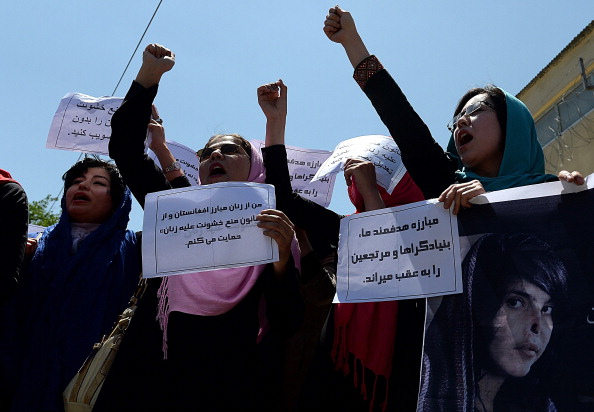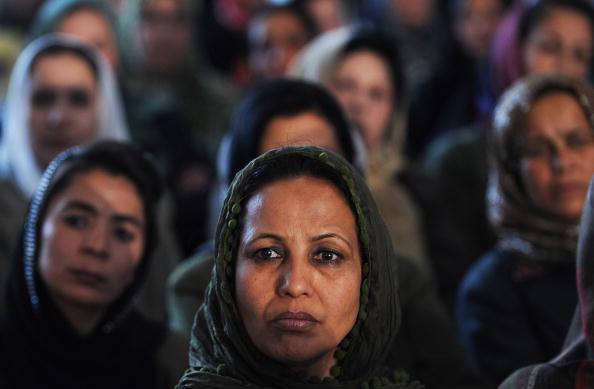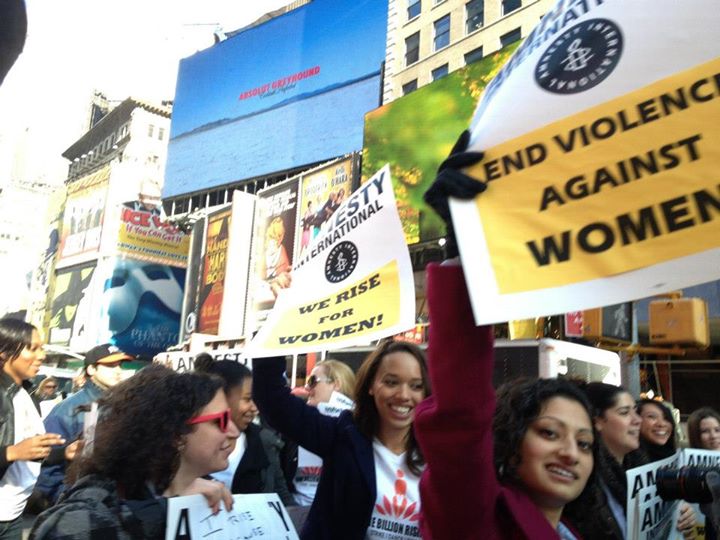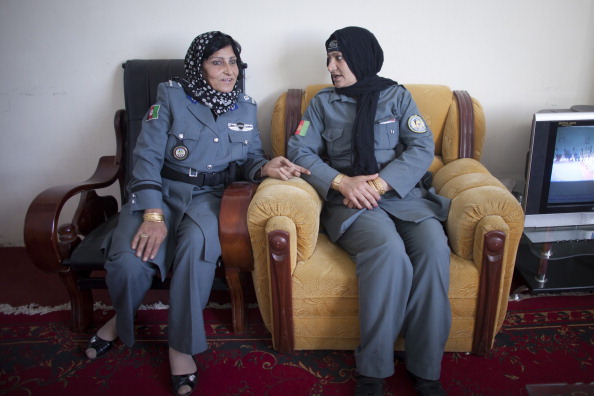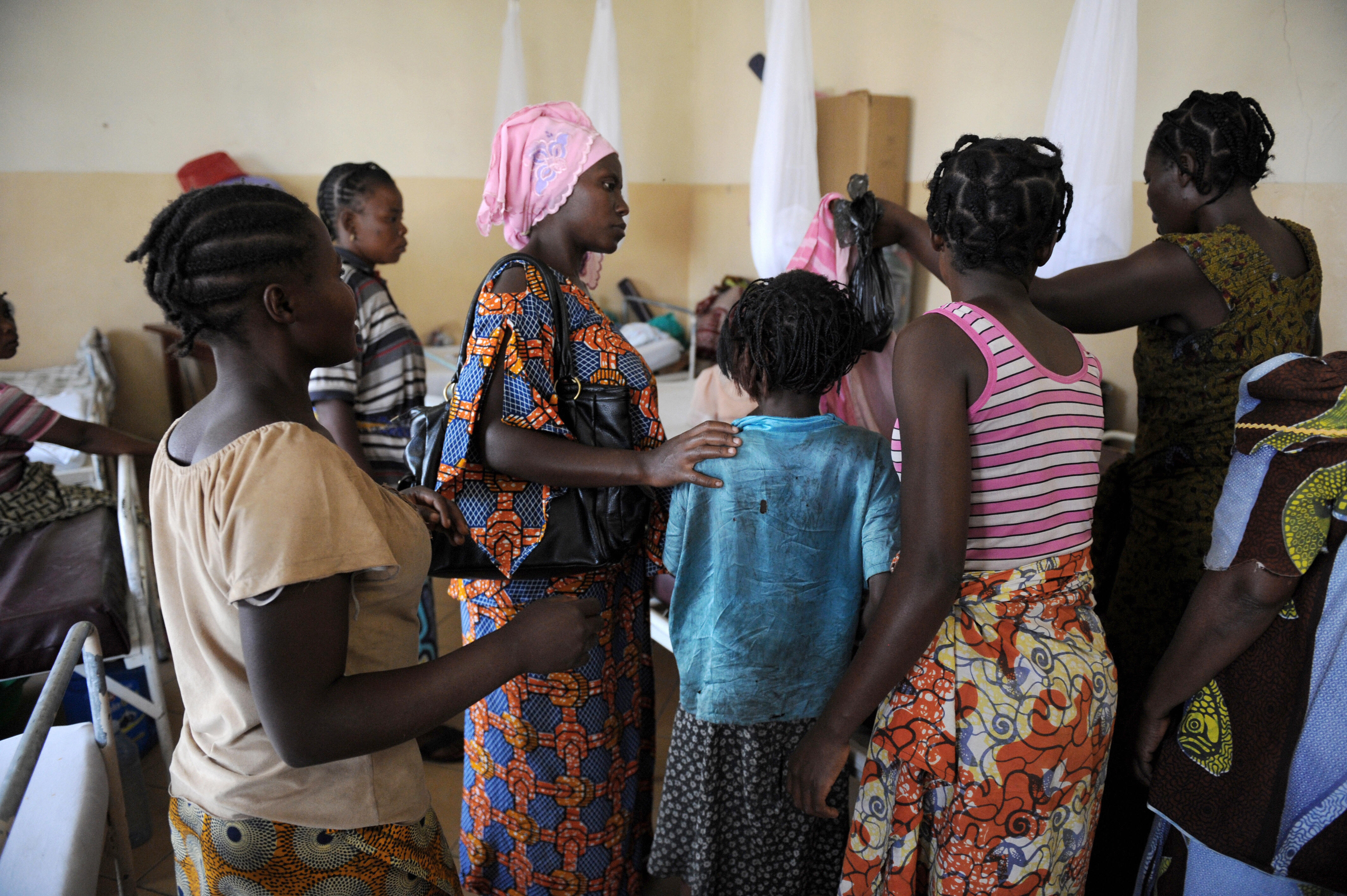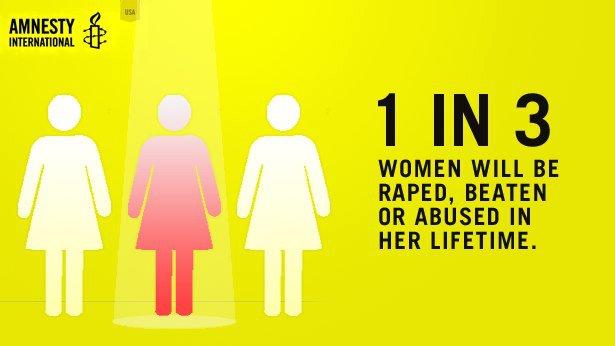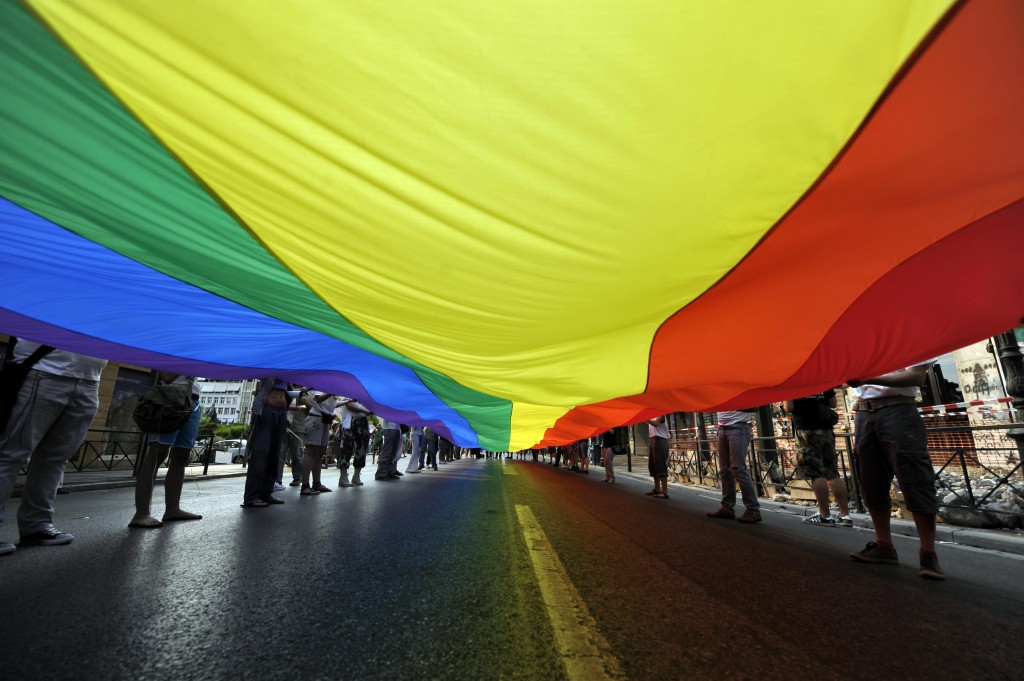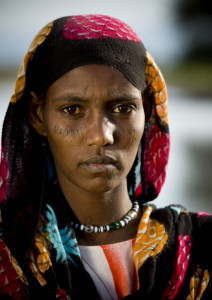
An 18-year-old Ethiopian migrant woman in Sudan was gang-raped – and now faces prison and a hefty fine for coming forward (Photo by Eric Lafforgue/Gamma-Rapho via Getty Images).
By Alice Dahle, Amnesty USA’s Women’s Human Rights Coordination Group
An 18-year-old Ethiopian migrant woman in Khartoum, Sudan was out looking for housing, when she was lured into an empty property and gang-raped by seven men. A police officer found her after the attack and took her to the police station. However, since it was a public holiday, a formal complaint was not filed.
The perpetrators of the rapes filmed the attack and distributed the video through social media six months later. As a result, everyone involved was arrested.
Of the seven men put on trial, three were convicted of adultery and sentenced to 100 lashes. Two more were convicted of indecent acts and sentenced to 40 lashes and fines. Another man was convicted of distributing indecent material and sentenced to 40 lashes and a heavy fine. The seventh individual was released on grounds of insufficient evidence against him. Those sentenced to lashing had their sentences carried out immediately after the trial in a closed court.
But that’s not where the story ends.
